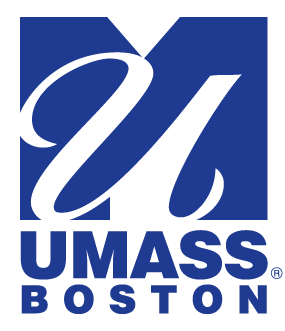back at it
Categories:
Greetings and HNY. I’d like to report on what I’ve been up to lately. I have travelled to Eastern Washington to give a training and to visit some of our clubs in that area. The training went really well. We’re trying to work with a group of university students at Central Washington University to have them provide training for families who receive computers from the TAP clubs.












Comment from Matthew Garcia on January 6, 2009 - 7:30pm
I don't know if you already know about these, but if not, you should check out Opera's tutorials on HTML and CSS. They're just articles that take you through learning both languages. Good times, Great oldies:
http://www.opera.com/company/education/curriculum/
They might come in handy to supplement the class. Holla!
Comment from Wilson Bull on January 6, 2009 - 7:36pm
Thanks, Matt. Looks like some great stuff there (I used HTML to make that bold..er...strong).